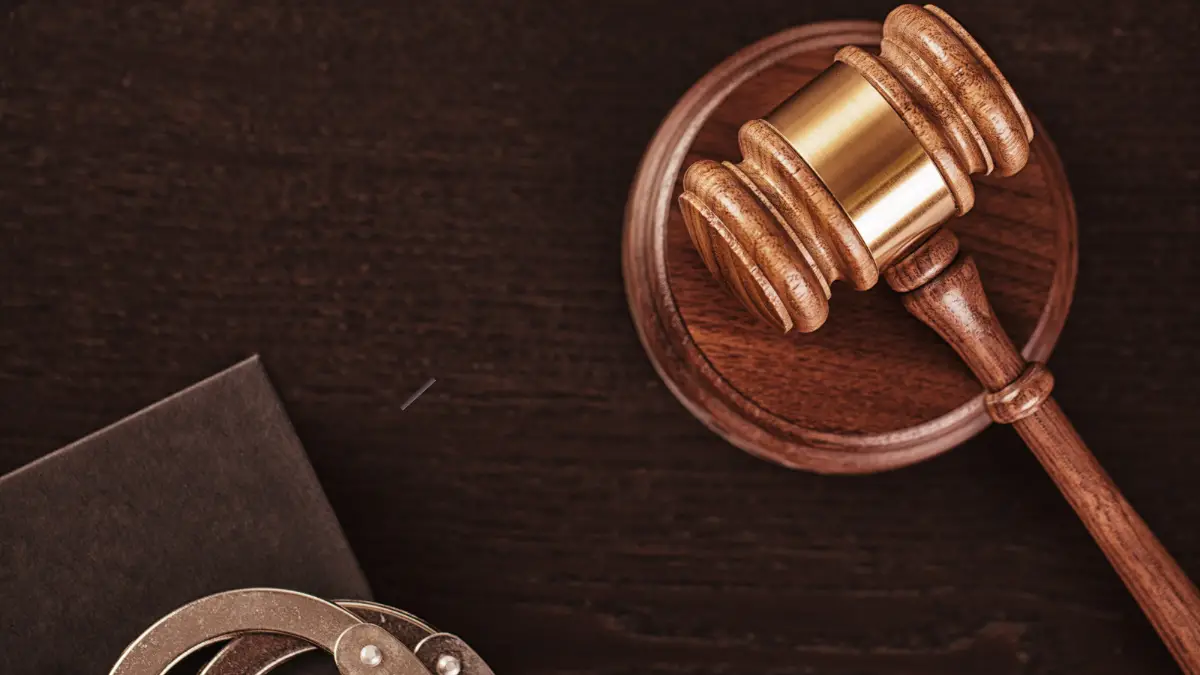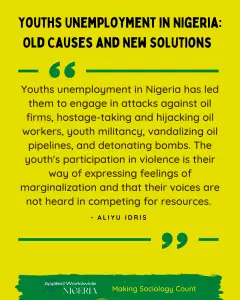In the early mornings of January 2019, the shocking news of the suspension of the Chief Justice of the Federation, Walter Onnoghen echoed across the country. The nation’s highest Judicial Official had been suspended by the Executive branch headed by then-President Muhammadu Buhari. This move unsettled the legal community. For them, it was a typical example of how politics can encroach upon the Judiciary, a branch claimed to be autonomous by the Constitution. This revealed the absence of judicial independence and the ongoing struggle between the Judiciary and political forces trying to control it.
The Development of Nigeria’s Judicial System Throughout History
The idea of judicial independence in Nigeria originated in the colonial period. The British set up courts as a component of their administrative framework, but these courts primarily catered to colonial interests instead of upholding the rule of law.
Upon gaining independence in 1960, Nigeria implemented a constitutional structure highlighting the division of powers among the executive, legislative, and judicial branches.
Nonetheless, the independence of the judiciary faced significant challenges during the period of military governance. Subsequent administrations frequently ignored judicial decisions, and judges encountered intimidation or outright removal for issuing rulings that were unfavorable to the administration.
Personal Stories from the Bench
Behind every ruling or judgment is a human testimony. Judges were often pressured especially when it came to politically charged cases.
Take Justice Mary Odili, for example. A prominent Nigerian judge who faced quite a number of threats because of her stand to uphold judicial independence. One of these treats includes the 2021 incident where law enforcement officers unlawfully invaded her residence. This was condemned as a direct attempt to intimidate her and sway her stand on judicial independence.
Also, there have been reports of lawyers being intimidated, attacked, and put under surveillance. Lawyers who are assigned high-profile cases have huge targets on their backs. These personal accounts reveal the human cost of a judiciary ensnared by politics.

The Mechanics of Political Influence
Political interference in Judicial Independence manifests in several ways and they are stated below.
Appointment and removal of Judges:
The process of appointment of Judges is often rigged. Although the National Judicial Council (NJC) is responsible for recommending qualified candidates, the President and state governors hold substantial power in the final appointment process. This creates an avenue for political favoritism where allegiance to political agendas outweighs merit.
Similarly, the dismissal of judges, frequently in questionable situations, weakens judicial independence. The earlier-mentioned suspension of Justice Onnoghen serves as a striking example.
Manipulation of court processes:
In many cases, Influential politicians often exploit loopholes in the judicial system to evade the law. Tampering with evidence and even witnesses to delay judgment or obstruct justice. High-profile cases are often dragged on for years, creating enough room for dismissal based on insufficient evidence. This is another menace to Judicial independence.
Duress and intimidation:
Judges handling sensitive cases frequently face constant intimidation and threats to their lives. From unlawful raids to social media campaigns aimed at discrediting them, these tactics are designed to bend the judiciary to political will.
The Ripple Effects on Society
The effects of lack of Judicial independence go beyond just the bar and the bench. It goes as far as the nation at large. It affects the people’s trust in the justice system. Some of the effects include;
The decline in public Confidence:
Justice, they say, is the last resort of a common man and when the general public perceives the Judiciary as a tool of the executive arm or particular party, they lose confidence in the legal system. Citizens lose faith in the courts’ ability to deliver justice, leading to a rise in alternative methods of dispute resolution, some of which involve individuals taking drastic measures.
Threat to the rule of law:
Judicial independence is the cornerstone of the rule of law. Without it, the principle of equality before the law is baseless, allowing the powerful to act without a check.
Economic and Social Impact:
A compromised judiciary affects economic growth by deterring forgiveness and internal investments. Investors are less likely to invest their resources in a country where contracts cannot be enforced or property rights are uncertain. Additionally, the judiciary’s inability to address human rights violation
Restoring Judicial Independence
While the challenges are discouraging, they are not irreparable. Here are steps Nigeria can take to strengthen judicial independence:
Transparent Appointment Processes:
The NJC must assert a higher authority in judicial appointments. They must guarantee that selections are made based on merit rather than political factors. Civil society organizations can serve as monitors, insisting on transparency throughout each phase of the process.
Enhancing Judicial Safeguards:
Legislation safeguarding judges from coercive dismissal or harassment needs to be upheld. Judicial officials ought to receive increased financial and administrative independence to protect them from inappropriate pressure and political influence.
Raising Public Awareness and Advocacy:
Informing Nigerians about the judiciary’s function in maintaining democracy is essential. An educated populace is more likely to demand accountability from political leaders who threaten judicial independence. This in turn will foster Jurisprudence.
Global Collaborations and Influence:
Nigeria can utilize global collaborations to enhance its judicial system. Entities such as the United Nations and the African Union have the ability to offer technical support and exert diplomatic influence on the government to uphold judicial independence.
A Call To Action
Judicial independence is more than just a legal or constitutional concept, it is a core foundation of democracy. For Nigeria to prosper, its judiciary has to be liberated from the constraints of political meddling.
The experiences of judges and attorneys traversing this difficult landscape remind us that justice is a right, not a privilege. As members of society, we must call for a legal system that serves the populace, rather than political agendas. Only at that point can Nigeria create a future in which the courtroom genuinely embodies the values of fairness, equity, and the rule of law.







